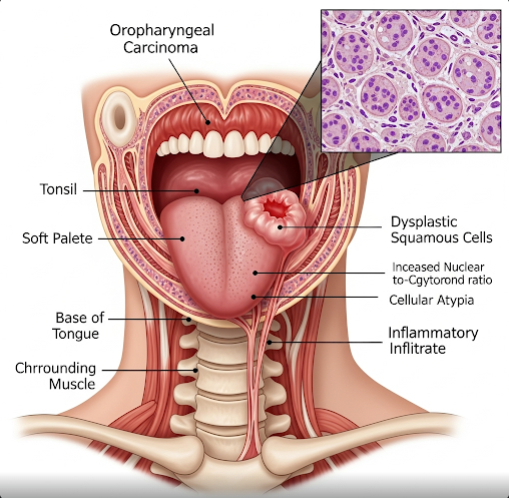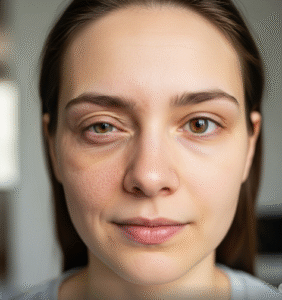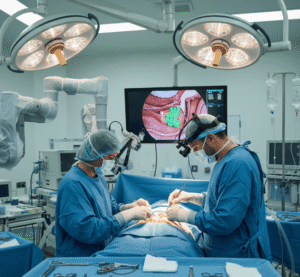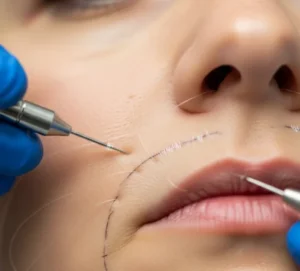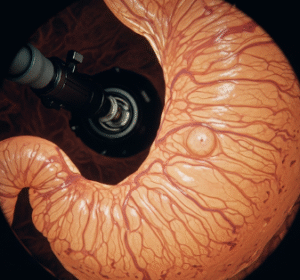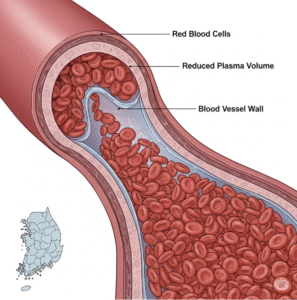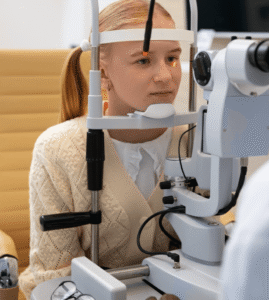Overview
Oropharyngeal cancer is a type of head and neck cancer that develops in the oropharynx—the middle part of the throat behind the mouth, including the base of the tongue, tonsils, soft palate, and walls of the pharynx. It is often linked to risk factors such as tobacco use, alcohol consumption, and infection with human papillomavirus (HPV). Early detection improves treatment success, but advanced cases can be aggressive and challenging to manage.
What is Oropharyngeal Cancer?
Oropharyngeal cancer refers to malignant tumors originating from the squamous cells lining the oropharynx. It includes cancers of the tonsils, base of tongue, soft palate, and pharyngeal walls. These cancers can invade nearby tissues and spread to lymph nodes in the neck. HPV-positive oropharyngeal cancers have increased in prevalence and tend to have a better prognosis compared to HPV-negative cancers.
Symptoms
- Persistent sore throat or a feeling of something stuck in the throat
- Difficulty swallowing or painful swallowing (dysphagia)
- Ear pain or discomfort
- A lump or swelling in the neck due to enlarged lymph nodes
- White or red patches in the mouth or throat
- Unexplained weight loss
- Changes in voice or hoarseness
- Persistent bad breath or bleeding
Causes
- Infection with high-risk strains of human papillomavirus (HPV), especially HPV-16
- Tobacco use, including smoking cigarettes, cigars, or pipes
- Heavy alcohol consumption
- Poor oral hygiene and chronic irritation
- Exposure to certain workplace chemicals and carcinogens
- Immunosuppression
Risk Factors
- Smoking and tobacco use
- Excessive alcohol intake
- HPV infection, particularly in younger adults
- Male gender (more common in men)
- Age over 40 years
- Poor diet lacking fruits and vegetables
- History of other head and neck cancers
- Weakened immune system
Complications
- Spread to lymph nodes and distant organs (metastasis)
- Difficulty breathing or airway obstruction
- Severe pain affecting eating and speaking
- Nutritional deficiencies due to swallowing problems
- Recurrence or secondary cancers
- Side effects from surgery, radiation, or chemotherapy such as dry mouth and dental problems
Prevention
- HPV vaccination to reduce infection risk
- Avoid tobacco use and limit alcohol consumption
- Maintain good oral hygiene and regular dental checkups
- Eat a balanced diet rich in fruits and vegetables
- Use protective equipment to avoid exposure to carcinogens
- Seek medical attention for persistent throat symptoms
Treatment Option in Korea
South Korea provides cutting-edge treatment for oropharyngeal cancer through comprehensive cancer centers. Treatment approaches often include:
- Surgery to remove tumors, sometimes combined with reconstructive procedures
- Radiation therapy, including advanced techniques like intensity-modulated radiation therapy (IMRT)
- Chemotherapy used alone or in combination with radiation (chemoradiation)
- Targeted therapy and immunotherapy for selected cases
- Multidisciplinary care involving oncologists, surgeons, radiation specialists, and rehabilitation teams
- Supportive care to manage side effects and improve quality of life
Leading hospitals such as National Cancer Center Korea, Severance Hospital, and Samsung Medical Center offer world-class cancer treatment with state-of-the-art facilities, clinical trials, and international patient services including English support.

